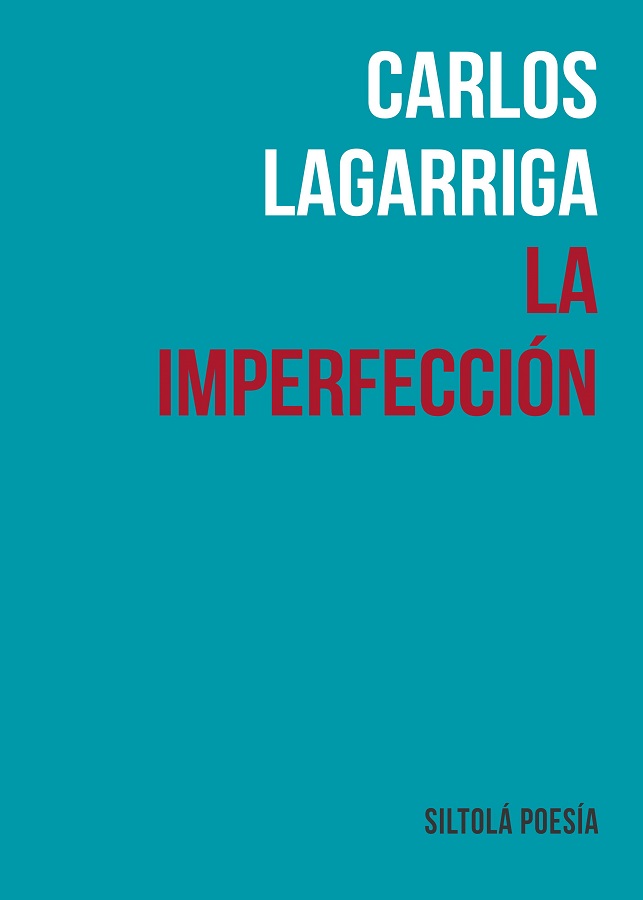Book file

It is not easy to write about death. In fact, although as a subject it has not lost its relevance (nor does it seem that it will lose it), interest in it has known better times. There was a time when wise men understood that there was no higher art than that of dying well. A time when men prepared themselves conscientiously to face that final trance. A time when we prayed to God to free us from sudden death, to allow us to prepare ourselves... That time has passed: it is neither here nor, it seems, is it expected.
Nor is it easy to read about death. Sometimes it seems to us that the author pretends to know too much, and expresses himself with excessive certainty and forcefulness (after all, we think, what does he know about death, if he is still alive?) At other times it seems to us that he knows too little and, in order to say what he says, perhaps it would have been better to remain silent?
This little book by Carlos Lagarriga is, therefore, as inactual as it is interesting. It gathers 60 poems in which, in different ways, he approaches the grim reaper and challenges him with a look between disbelieving, hopeful and full of mischief. Let us say a few things as an introduction. The book contains 60 poems, although according to the numbers it only reaches 58. Its author is the son of Carlos Pujol. Perhaps to avoid confusion, he chose to omit his first surname and keep his mother's name.
Carlos Lagarriga worked in the publishing world, and shares with his father a lucid look, matured by the hand of the great European sapiential tradition. The one that looks at reality with a certain condescension and always with humor. She has not stopped believing because she is enlightened. That is why it can look death in the face, and prepare for its embrace. If the collection of poems appeared in 2018, its author died in 2020, after a long struggle with illness. Thus, his poems are not a rhetorical exercise but a current and lucid example of the ars bene moriendi that traces the history of the West.
Some of the poetic reflections have a touch of humor (rather black, to be sure, but not gloomy):
"For the same reason / that the dying man is never told / that he is dying, / I don't know why he is also never allowed / to try his next accommodation / with the same exigency / as when he changes floors / and finds that the windows close / and a coat of paint is needed" (p. 21).
It is not an expression of cynicism, but of lucidity. And so he concludes:
"Of all possible domiciles, / This world's is the least fixed" (p. 22).
Sometimes, the thought goes to the meaning of death: to the one it really has and the one it is given in our world:
"Without the irrefutable hope / of the Cross, / we turn the burial / into an uncomfortable bustle / of moving or transition, / into a simple contingency, / like the noise of one who drags a piece of furniture / to change it only in place" (p. 50).
At other times he looks into the abyss of death, as for example in the poem he dedicates to it in the figure of the endless sea. Perhaps there is no answer to the question of the beyond. The poet simply points out that, in the face of the immense, no one can accompany us more than those who have loved us and have lived before (and more) than us:
"That is why to the sea, / as to death, / one goes with grandmothers / and not with poets" (p. 53).
Or he looks into that same abyss, at the moment when he wants to give his best smile to his dear friends. The one that will be forbidden at the wake, perhaps because it is out of place (p. 60-61).
I insist, the author does not have answers for everything. He knows the great reflections of thinkers and poets about time and its illusion... he knows the pessimism of the Enlightenment... and yet he opts for believing humorism:
"In celestial mechanics / one wheel moves another wheel / the one above to the one below / and the one below to the one above, / another thing is whether we know / what for. / In earthly mechanics / creatures are born, / grow, learn English / and then die, / and we don't know why either. / Garlic and sapphire in the mud" (p. 70).
However, his collection of poems is steeped in a faith that is as enlightened as it is simple:
"By the time you read this / I hope to have left convinced / in my new vessel / riveted with nails and splinters / with cross nostalgia / and without a single moment's hesitation / of love / at just the right moment to begin / to resemble / Him" (p. 45).








